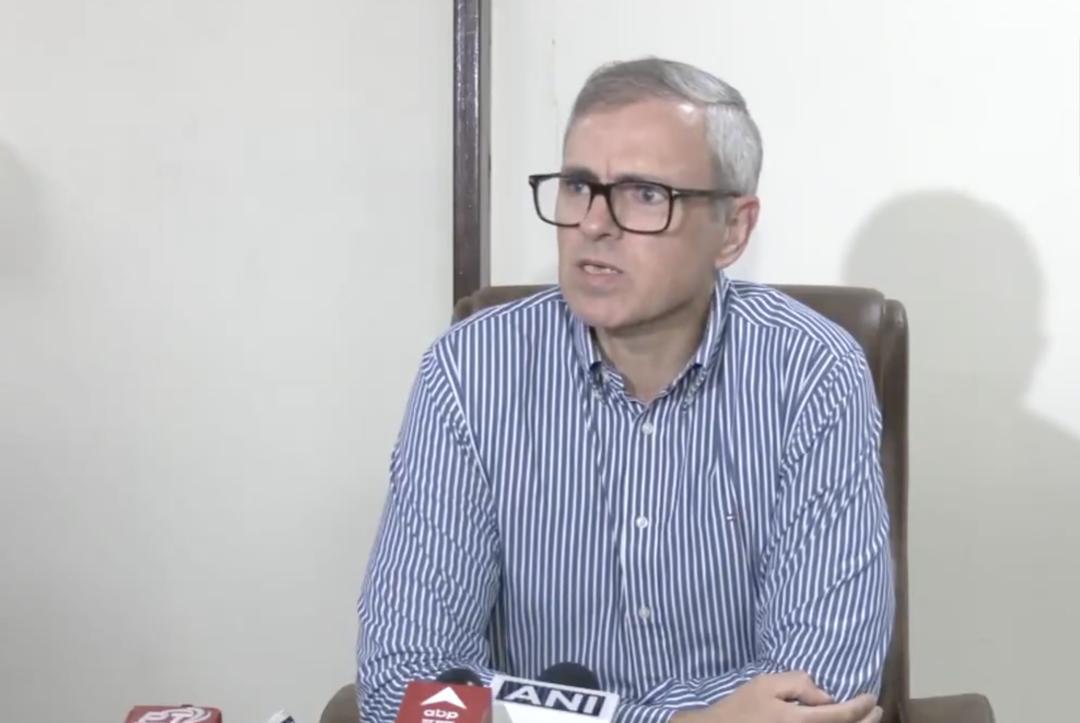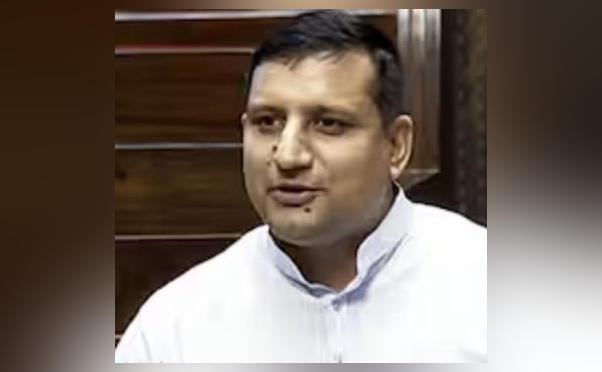
Why should I send water to Punjab?: J&K CM on canal proposal
In a recent statement, Jammu and Kashmir Chief Minister Omar Abdullah has sparked a controversy by reacting to the proposal to construct a 113 km-long canal to redirect surplus water from three western rivers of the Indus system in J&K to Punjab, Haryana, and Rajasthan. The canal, which is still in the planning stages, aims to provide additional water to these states, which are facing severe water scarcity. However, CM Abdullah has expressed his reservations, asking a pointed question: “Why should I send water to Punjab?”
The Indus Waters Treaty, signed in 1960 between India and Pakistan, has been the subject of much debate in recent years. The treaty allocates the waters of the Indus system, which includes six rivers, among the two countries. Punjab, being a key beneficiary of the treaty, receives a significant share of the waters. However, CM Abdullah’s question highlights the long-standing perception in J&K that the state has been shortchanged when it comes to water sharing.
Under the treaty, the three western rivers – Ravi, Beas, and Sutlej – are allocated to Pakistan, while the three eastern rivers – Jhelum, Chenab, and Indus – are allocated to India. Punjab, being one of the main riparian states, receives a significant share of the waters from these rivers. However, CM Abdullah’s statement suggests that J&K has not received its fair share of the waters, despite being a key player in the Indus Waters Treaty.
The proposed canal, which would require significant investment and infrastructure development, has been met with skepticism by many in J&K. CM Abdullah’s statement is seen as a reflection of the state’s frustration with the historical imbalance in water sharing. The canal, if built, would divert water from the Ravi, Beas, and Sutlej rivers, which are already being used by J&K, to Punjab and other states.
The controversy surrounding the canal proposal highlights the complexities of water sharing in the Indus Basin. The treaty, which has been in place for over 60 years, has been the subject of much negotiation and controversy. In recent years, tensions have risen between India and Pakistan over the management of the Indus Waters Treaty, with both countries accusing each other of violating the terms of the treaty.
For J&K, the proposed canal is seen as a symbol of the state’s historical marginalization in water sharing. The state has long argued that it has been shortchanged in water sharing, with Punjab and other states receiving a disproportionate share of the waters. The canal proposal, if implemented, would only exacerbate this imbalance, further marginalizing J&K in the water-sharing equation.
The controversy surrounding the canal proposal also highlights the need for a more equitable and transparent approach to water sharing in the Indus Basin. The Indus Waters Treaty, while providing a framework for water sharing, has been criticized for its lack of clarity and transparency. The treaty’s provisions have led to much confusion and dispute over the years, with both countries accusing each other of violating the treaty’s terms.
In conclusion, the proposed canal, which aims to redirect water from J&K to Punjab, Haryana, and Rajasthan, has sparked a controversy in the state. CM Abdullah’s statement, asking “Why should I send water to Punjab?”, highlights the long-standing perception in J&K that the state has been shortchanged in water sharing. The controversy surrounding the canal proposal highlights the need for a more equitable and transparent approach to water sharing in the Indus Basin, and the need for India and Pakistan to work together to address the complexities of water sharing in the region.





